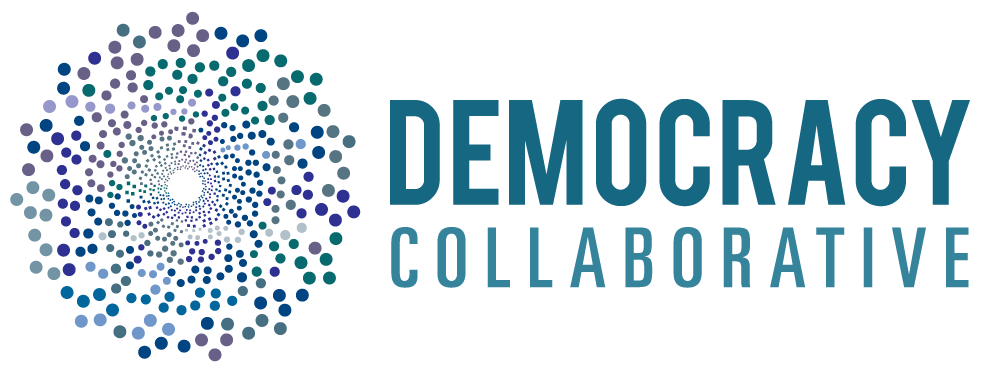Strategies for financing the inclusive economy
Broad-based ownership models bring substantial benefits to communities and workers, particularly those of low and moderate income. These models are poised for substantial growth as tools for solving the massive problem of economic inequality. In an economy where wages have been stagnant for decades—and a disturbing 40 percent of jobs are now part-time, temporary, or contingent—public interest in models fostering broad-based ownership has grown substantially. Worker-owned companies, social enterprises, and related models with broad-based ownership are increasingly being seen as highly valuable tools for stemming and reversing rising economic inequality. How can these models grow to create more and better jobs and broader ownership opportunities? Every enterprise needs financing to grow. Where can the financing for broad-based ownership models be obtained?
Designed as a guidebook, this report seeks to demystify the financing of broad-based enterprise, and to show how and where these kinds of enterprises may be well positioned for job-creating growth. It was written with the hope of increasing understanding and comfort levels regarding financing these enterprises among financial service providers, impact investors, foundations, local government, community development leaders, and others. This guidebook forms the third part of a three-volume series, Building the Inclusive Economy, which focuses on the power of broad-based ownership models. The first report in the series offered an introduction to six models, showing how these models create jobs and broadly held wealth. The second looked at a cooperative development ecosystem. This report looks at how broad-based ownership models—cooperatives, employee stock ownership plans (ESOPs), social enterprises, hybrid enterprises, and municipal enterprises—are financed to build community wealth.
Broad-based ownership models, in many cases, employ traditional financing. The basic tools of debt and equity still apply to these ownership forms. Yet because these models have worker and community benefit as part of their core purpose, they have also evolved particular financing approaches that match their social aims. As these models spread, the role of lenders and investors will grow in coming years. That makes it critical to increase the field’s understanding of the role of finance in supporting these models, how that role differs from traditional finance, and how that role is evolving.
See a recording of our webinar by clicking here.
